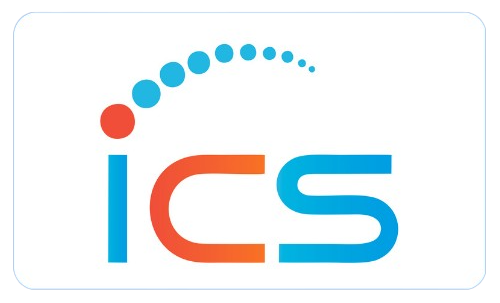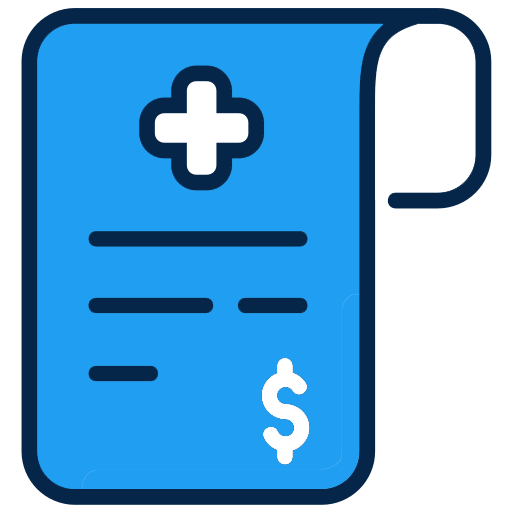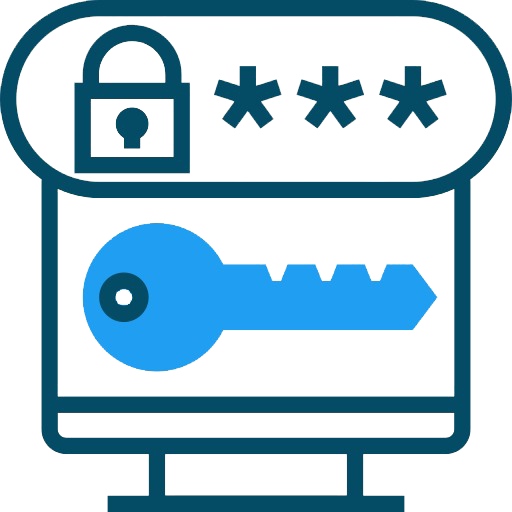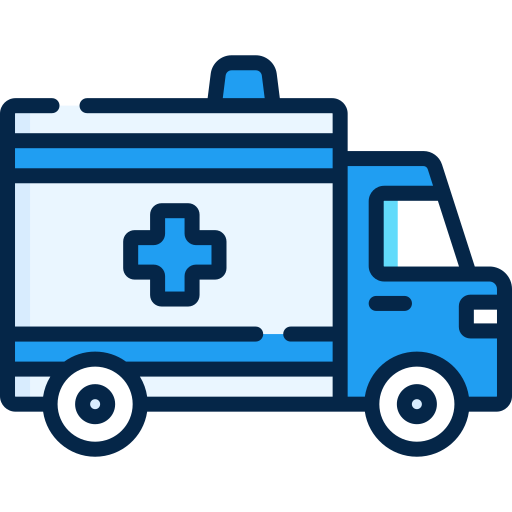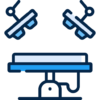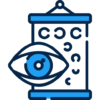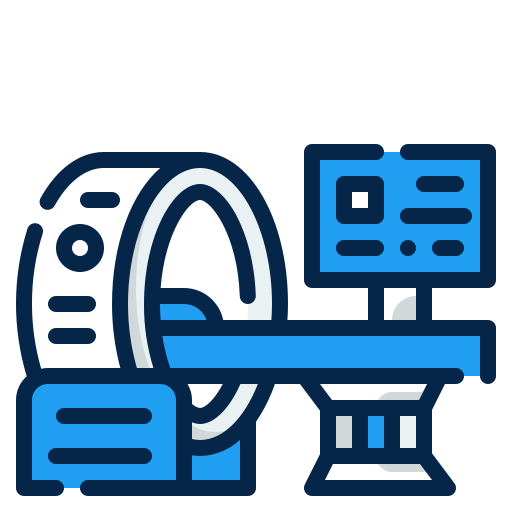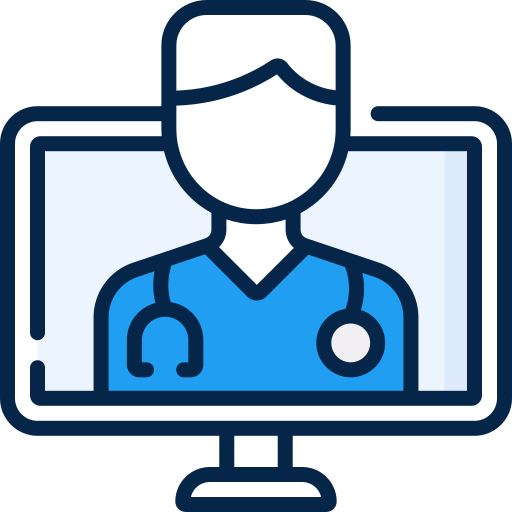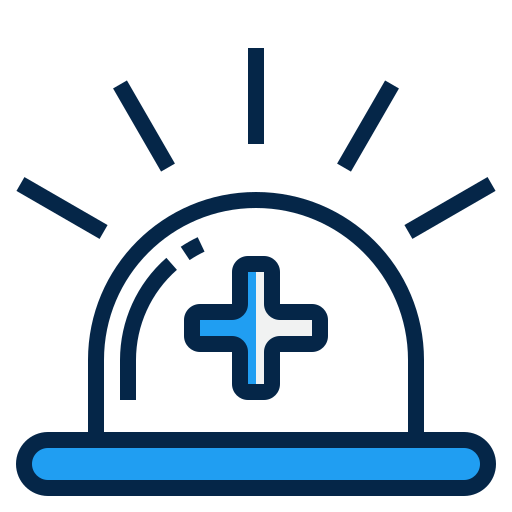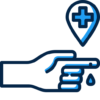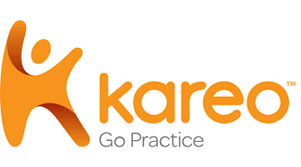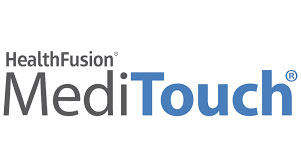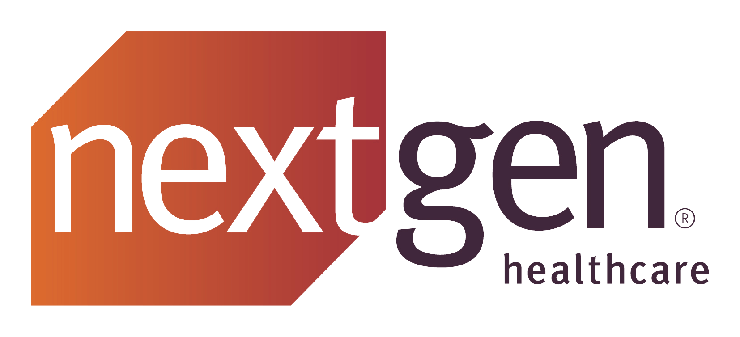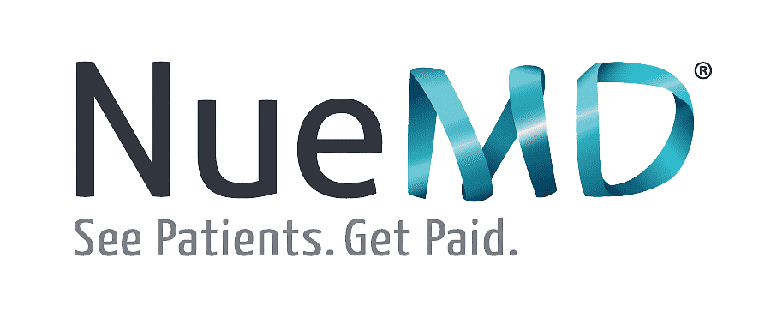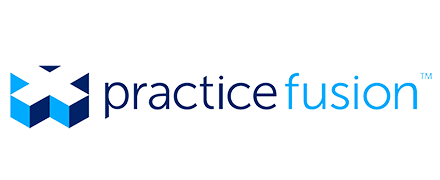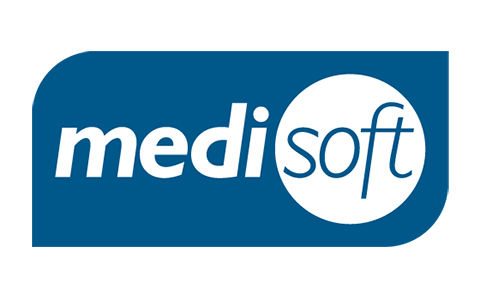When you talk of technology, we all are aware of how much it has changed our lives, largely for the better, with technology enhancing every part of our lives, bringing the world closer. Now, it is the same technology that has also greatly improved health services, offering medical assistance through telehealth. So, how has technology shaped telehealth, and what is the role of technology in telehealth billing services? Let’s take a look.
What is Telehealth?
Telehealth is the practise of managing your health care and receiving medical care remotely by using internet information and communication technologies. Desktop and mobile gadgets like tablets and smartphones are some examples of technologies. You might utilise this technology at home. Similarly, a nurse or other healthcare professional could give telehealth services in outlying areas out of a clinic or mobile van. Telehealth refers to your healthcare provider’s use of technology to improve or support healthcare services.
Some of the goals of telehealth, also referred to as e-health or m-health, include the following:
If you’re a doctor who offers telehealth services to your patients, you’re probably facing more problems with medical billing than ever in addition to telehealth billing problems. Such as the burden of having to pay your own coding and billing personnel, reacting to the regular changes in telehealth regulations, and MACRA compliance concerns.
Medical billing regulations that are particular to telehealth exist, and reimbursement practises differ from insurer to insurer and state to state. To allow patients to communicate with their providers without raising their risk of exposure to COVID-19, funding for telehealth services offered to Medicare participants has, as of March 6, 2020, been temporarily and urgently enhanced.
Make it simpler for people who reside in rural or isolated communities to access health care.
• In case of an infectious disease, such as COVID-19, keep yourself and other people safe.
• Deliver preventive care for a range of diseases.
• Improve accessibility of services for those with a lack of time, mobility, or access to transportation.
• Provide access to medical experts.
• Enhance communication and care coordination between the members of the medical team and the patient.
• Provide guidance on how to manage your own medical care.
Telehealth Billing Terminology
The medical insurance industry in the USA typically employs the following terminology in telemedicine billing:
Genuine telehealth visits: Synchronous, two-way video in real-time, not just for confirmed patients, and not required to be requested by the patient.
E-visits: Asynchronous, for existing patients only, patient-initiated, assessment and management via encrypted messaging and information exchange (patient portal).
Online check-ins: Real-time audio-only calls with no video, however they can be enhanced with information transmission or previously recorded videos. This is done over the phone, through a secure messaging platform, or via email, and is only for regular patients.
Remote analysis of captured images and video: Through phone, real-time video or audio, SMS, secure messaging, and email. Synchronous and Asynchronous. only for regular patients and patient-initiated
Telephone Visits: Real-time synchronisation via the phone. Patient-initiated and exclusively for established patients.
Online Digital Analysis and Management: Evaluation and management through secure messaging and information exchange. only for regular patients and patient-initiated.
Role of Technology in Telehealth Billing Services
The use of latest technology, such as cutting edge EHR, medical billing software or a scheduling tool, can all assist in offering top notch telehealth billing services to boost provider collections.
EHR – The best EHR is provided by the telehealth billing service. A centralised database that boosts productivity, efficiency, and communication. Use dashboard monitoring to satisfy regulatory obligations.
Scheduling Software – Modern scheduling software with a dashboard that indicates sessions, scheduled to be posted to the superbill is offered by the telehealth billing service. Check patients in/out and reschedule with only one click. T wo-way voice or text appointment confirmation.
Partner with Info Hub Consultancy Services (ICS)
The vulnerability of telehealth interactions to confidentiality and safety threats emphasises the significance of a provider’s selection of telehealth services. Info Hub Consultancy Services (ICS) offers a safe way for healthcare professionals to maintain patient continuities of care. With an inclusive, HIPAA-compliant platform that supports interoperability, it increases process efficiency while facilitating telemedicine medical billing. Info Hub Services is an offshore medical billing agency that extends its expertise in medical billing and coding to multiple specialties, including telemedicine.
